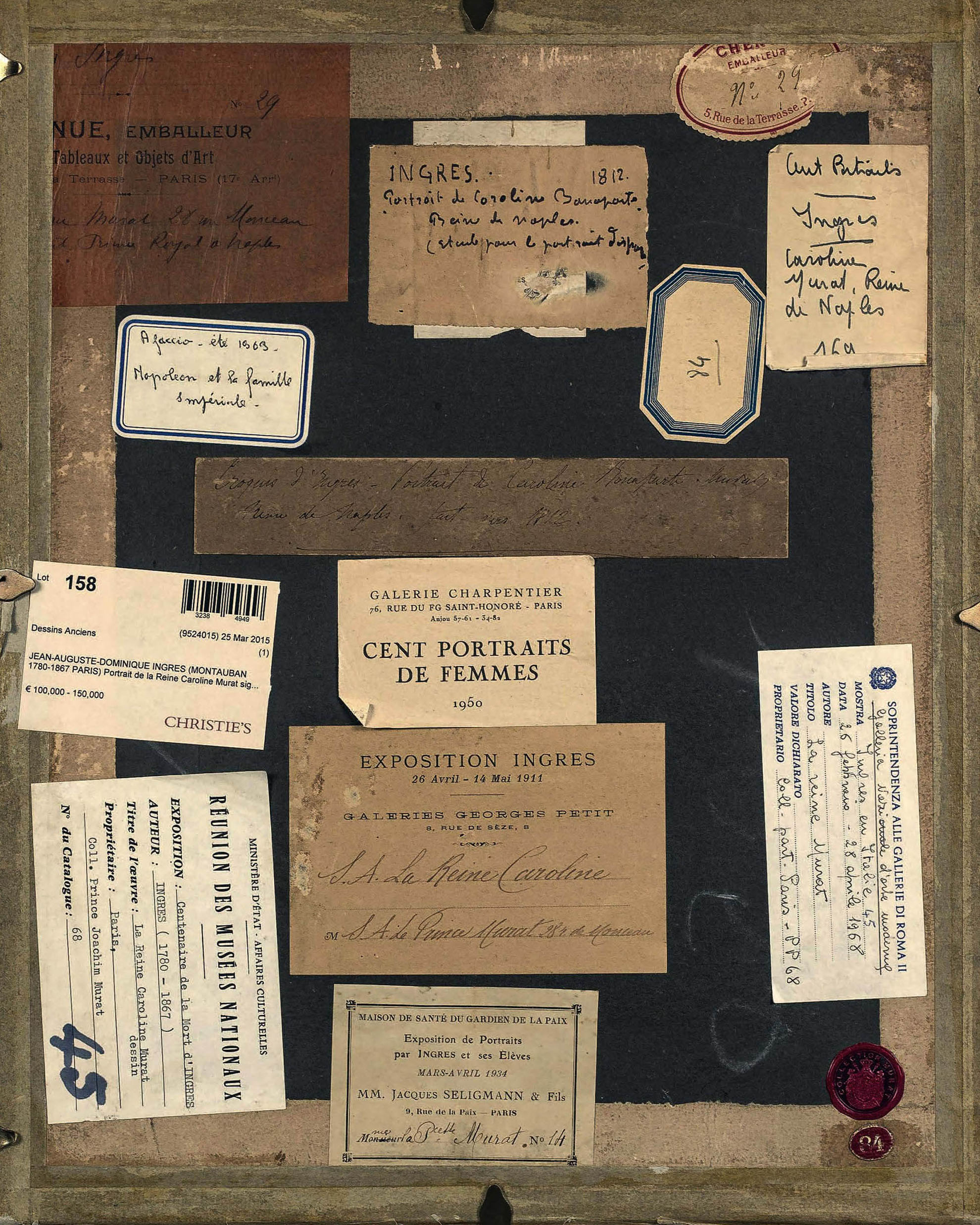
Stories from the B-Side
STORIES FROM THE B-SIDE
Simone FacchinettiThere are two ways of looking at a painting in reverse: one is to view it upside-down (Kandinsky claimed that he became an abstract artist after being struck by the sheer beauty of a painting he’d left upside-down on an easel), the other is to look at it from behind, at the side normally hidden from museumgoers’ sight. Certain artists – starting with the Dutchman Cornelis Norbertus Gijsbrechts, who in 1672 painted a trompe-l’oeil of a canvas’ stretcher – have been drawn to the hidden side of paintings, metaphorically similar to the dark side of the moon. Among living painters, the French artist Philippe Gronon has made a specialty of photographing the backs of artworks. But it is in the world of collectors and auction houses that the double-sided nature of these painted rectangles really comes to the fore: countless clues – some overt, some cryptic – including signatures, wax seals, exhibition labels, and authentications by experts, not all of them credible – allow us to reconstruct a painting’s “biography,” and thus establish its value.






